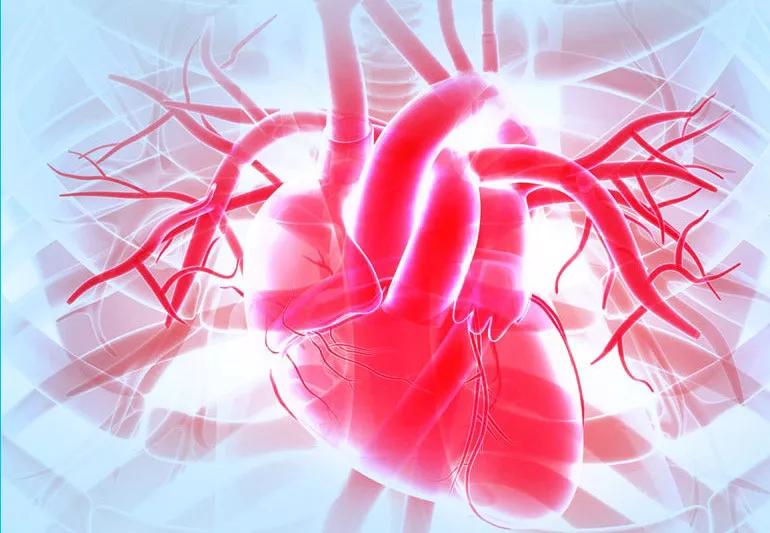Your life depends on this incredible organ doing its job 24/7

Image content: This image is available to view online.
View image online (https://assets.clevelandclinic.org/transform/a9e12655-6647-46cc-aebd-5d2f9e0682c2/heartFacts-cerosHeartPic-770x553_jpg)
Illustration of a heart in a human chest
As you go through your day, you probably don’t spend much time thinking about your heart and all that it’s doing. But let’s take a few moments to appreciate this life-sustaining organ in your chest.
Advertisement
Cleveland Clinic is a non-profit academic medical center. Advertising on our site helps support our mission. We do not endorse non-Cleveland Clinic products or services. Policy
Your heart starts beating well before you’re born and continues its rhythmic work until the day you die. That’s just the start (and end) of its amazing story, though.
Here are a few more heart-related facts, courtesy of cardiologist Brian Griffin, MD.
Advertisement
Advertisement

Delivered every Tuesday!
Sign up for our Health Essentials emails for expert guidance on nutrition, fitness, sleep, skin care and more
It's a letter about the news!
Learn more about our editorial process.
Advertisement
Kept you waiting, huh?
Subtitle here
A resting heart rate below 35–40 beats per minute or over 100 beats per minute may be cause for concern
Resolve to move a little more, drink a little less, eat a little healthier, sleep a little better and destress a lot
The emotional toll of loss and other strong emotions can have life-threatening physical effects
Unlock the secret of your body’s hardest-working organ
Why the condition, also called jackhammer esophagus, is missed
Coughing away a heart attack could delay medical help
Type 2 diabetes isn’t inevitable with these dietary changes
Applying a hot or cold compress can help with pain
Pump up your iron intake with foods like tuna, tofu and turkey